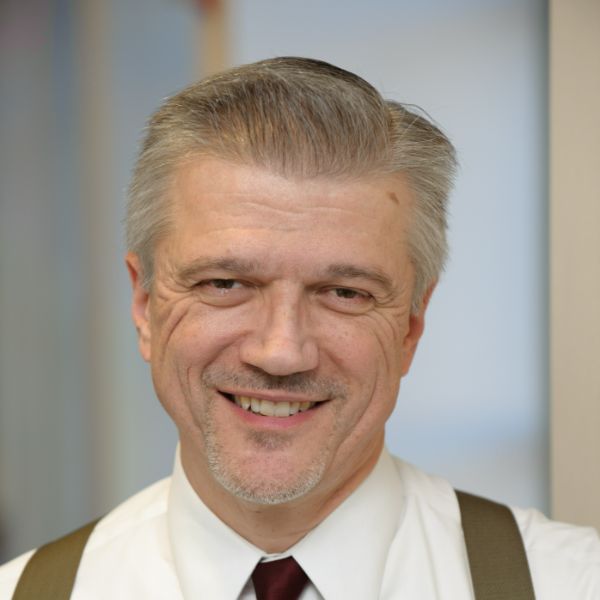
Making the case for life on other planets
How can we calculate the likelihood of technological civilizations having existed on other planets? That’s a question Adam Frank, professor of astronomy, considers in an essay, “Yes, There Have Been Aliens,” published in the New York Times.
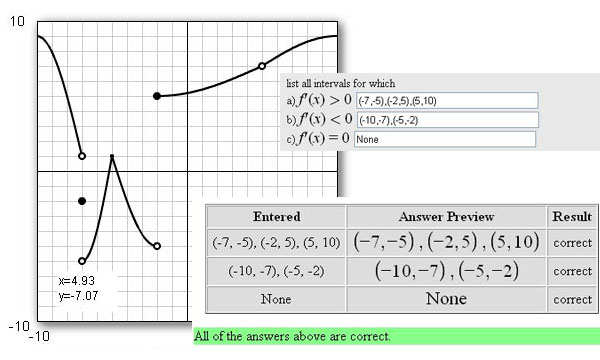
WeBWorK an award-winning way of learning from homework
Twenty years ago, the idea of students doing homework online and receiving immediate feedback was a game-changer. Today, more than 700 colleges and high schools and using the WeBWorK system developed by Rochester math professors Arnold Pizer and Michael Gage.

Q&A: Poland’s evolving democracy
Urszula Gacek, consul general of the Republic of Poland in New York, will discuss the transformation of local government in Poland and its integration of public-private partnership, participatory budgeting, and civil society.
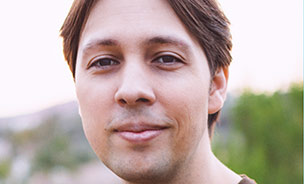
Q&A: The man who invented Dothraki
Linguist David Peterson, best known for creating the Dothraki and Valyrian languages for the HBO series Game of Thrones, will discuss the craft of creating new languages at a talk April 13.
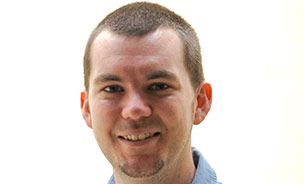
Q&A: New ways to make molecules
Daniel Weix specializes in developing better ways of creating molecules with the goal of speeding up the discovery of useful compounds, including pharmaceuticals.

Q&A: Biologist earns raves for work with yeast
LISTEN: David Goldfarb, professor of biology, researches yeast as a model organism for understanding the aging process in humans. Why does this essential ingredient in bread and beer make a good research specimen?

Body heat triggers shape change in new type of polymer
Polymers that visibly change shape when exposed to temperature changes are nothing new. But a research team led by chemical engineering professor Mitch Anthamatten has created a material that undergoes a shape change that can be triggered by body heat alone, opening the door for new medical and other applications.
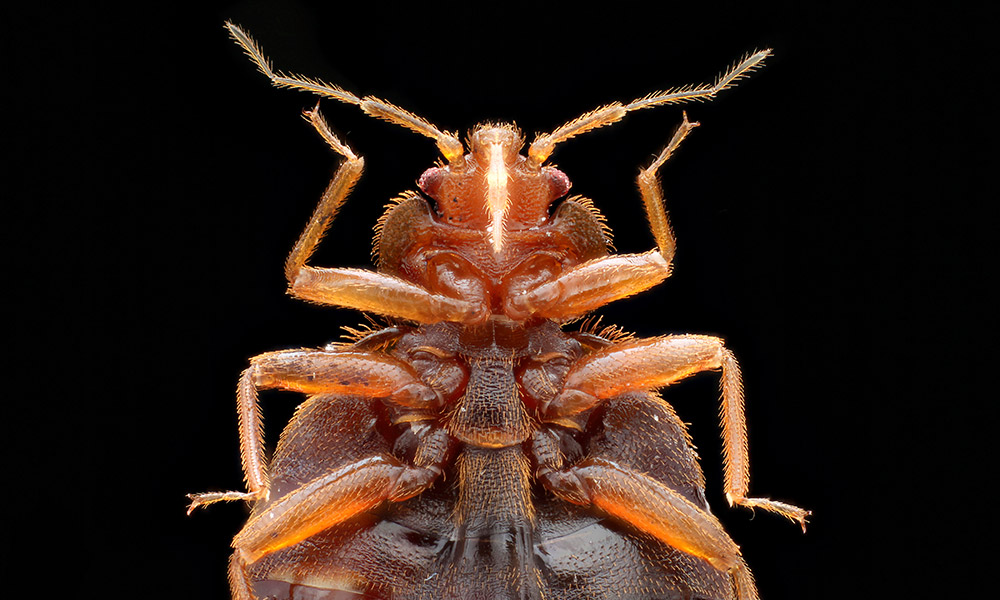
Scientists map genome of common bed bug
“There’s an explosion of insect genome sequencing right now,” said Jack Werren, a professor of biology and a member of the research team. “But the bed bug is particularly interesting because it’s a human parasite, a major pest, and has a unique biology.”
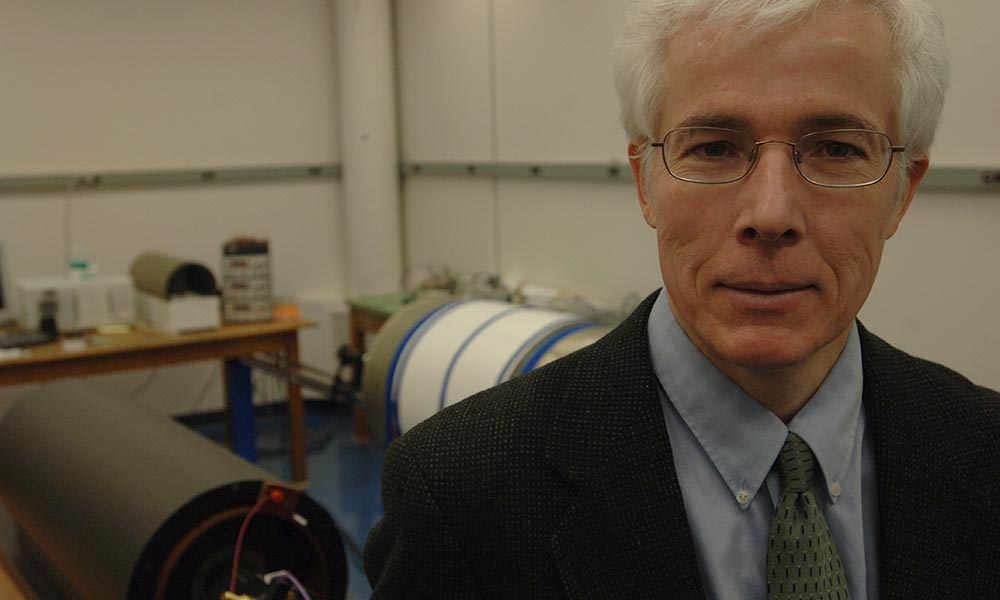
Tarduno to receive Royal Astronomical Society Medal
The Royal Astronomical Society, based in London, has named geophysicist John Tarduno the winner of this year’s Price Medal for “investigations of outstanding merit in solid-earth geophysics, oceanography, or planetary…

More efficient way of converting ethanol leads to better alternative fuel
A research team led by chemistry professor William Jones has developed a series of reactions that results in the selective conversion of ethanol to butanol, without producing unwanted byproducts.

